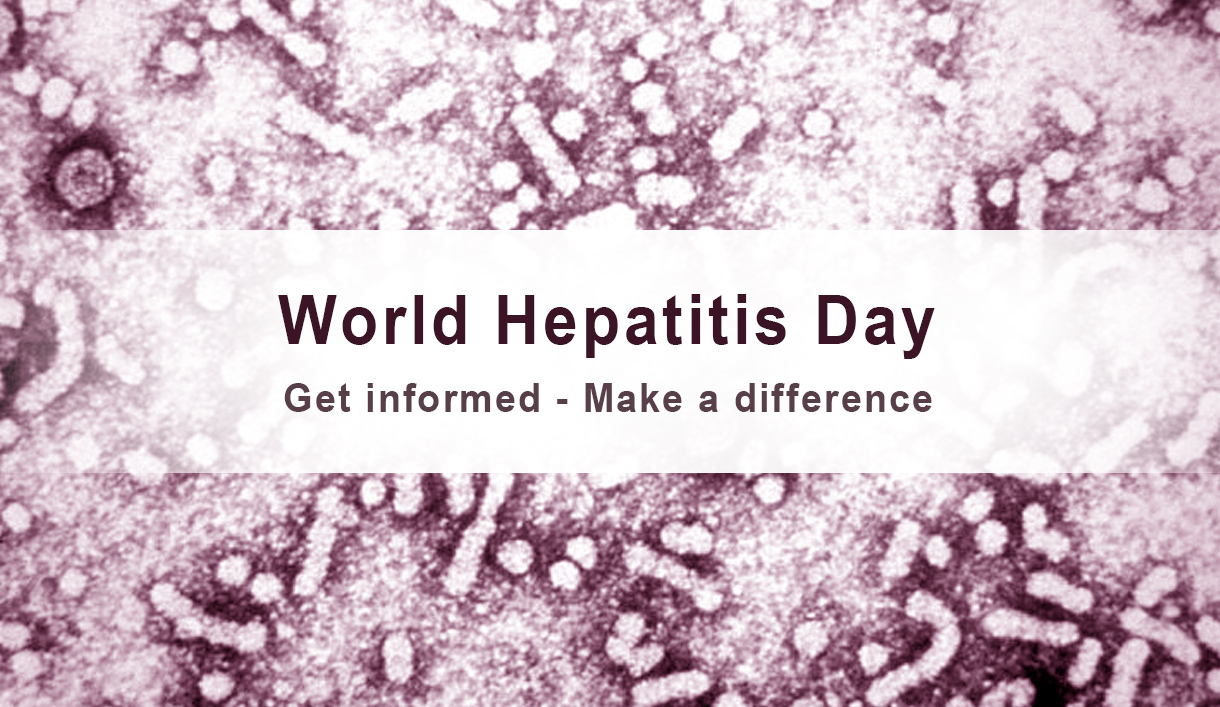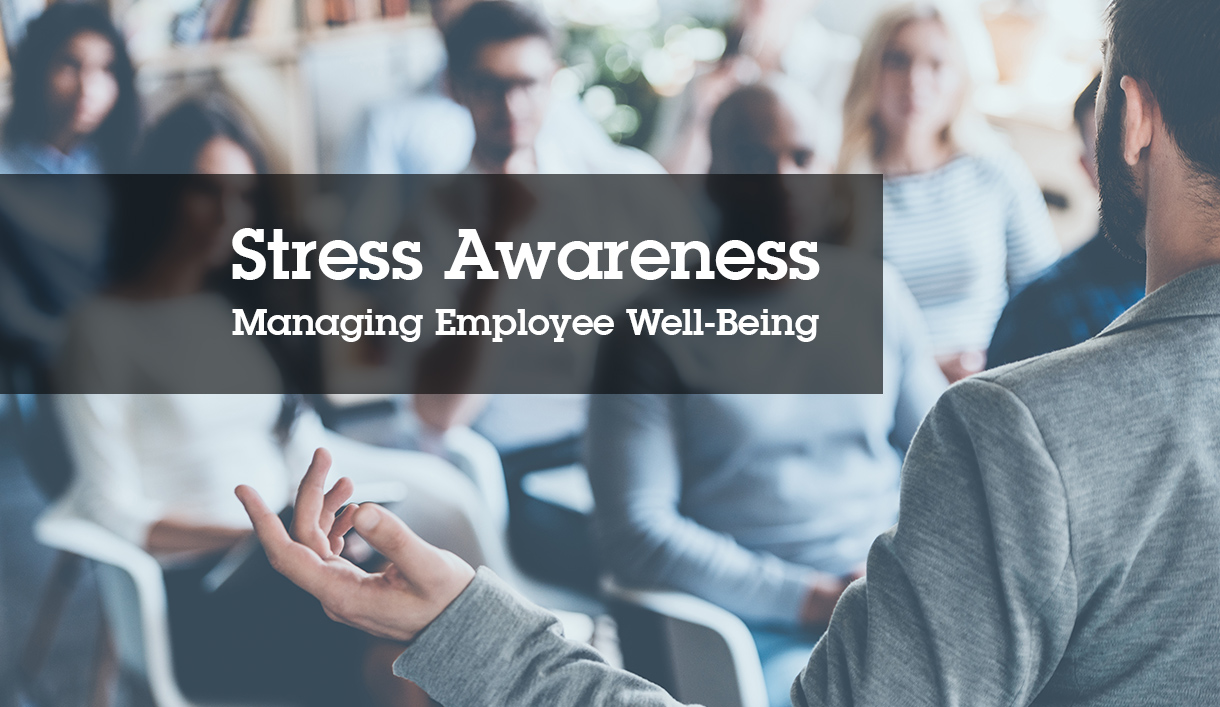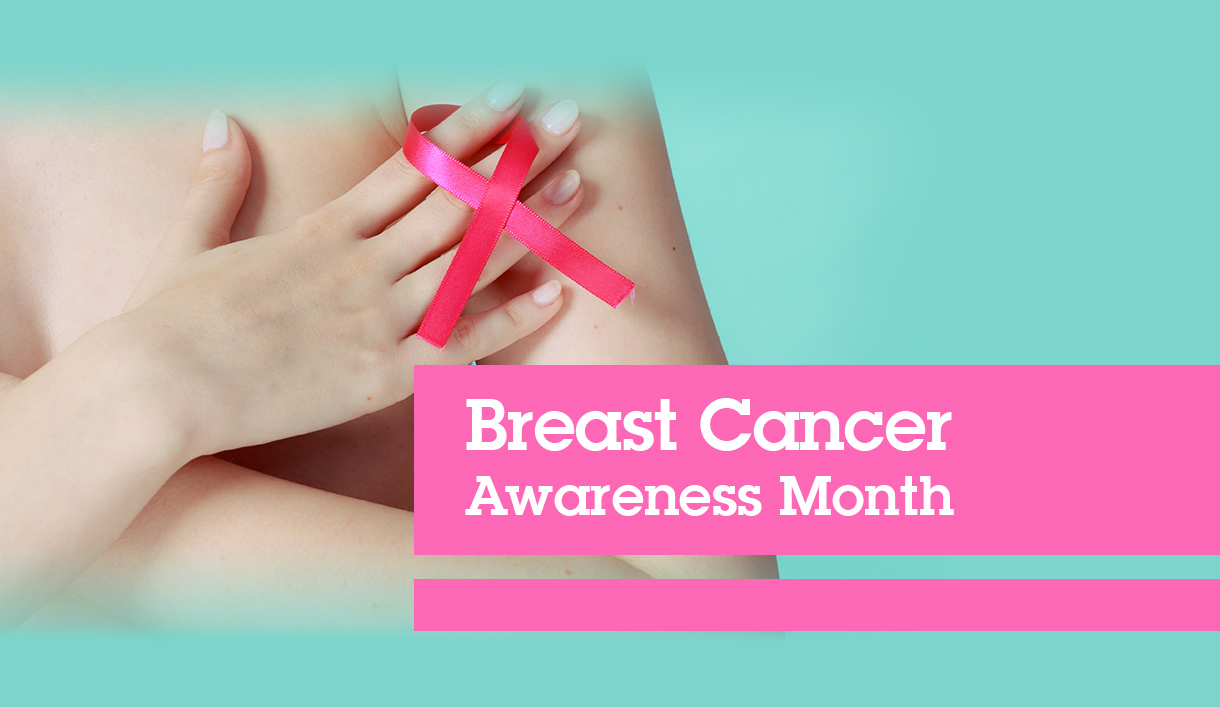Eating Disorders Awareness Week 2017
The Secret Illness
As many of you may likely know 27th February marks the start of Eating Disorders Awareness Week 2017 as promoted by b-eat.co.uk.
What may be less well known by many is exactly what constitutes an eating disorder and how the secret illness might be tackled; as both a sufferer or a person providing support to someone who is. So, to help do my part for the week I’ve provided an accessible breakdown of the symptoms, forms the disorder can take and a few suggestions on how to seek help and begin recovery.
Eating disorders – a serious mental illness
Eating disorders are a serious mental illness that effects thousands of men, women and children. There is no particular age group that can be effected, although initially it was thought that it was a condition that only effected young adolescent females, however that is not the case. Studies have highlighted that eating disorders have effected children as young as six years old and adults as old as 70.
It’s also been noted that there has been an increase with eating disorders amongst males. A report commissioned by Beat and produced by PwC in February 2015, estimates that more than 725,000 people in the UK are affected by an eating disorder. Eating disorders may occur when a person starts to become infatuated on their daily diet and they become obsessed on body shape and weight. There are strong links with people who have suffered with emotional or sexual abuse, people with low self-esteem/anxiety disorders and substance abuse. Eating disorders can also develop through grief, losing a loved one or someone special to you.
Types of eating disorders
The main different types of eating disorders are:
Anorexia Nervosa -Starving the body of food and excessive exercise to try to keep a low weight.
Bulimia Nervosa – Overloading the body with excessive amounts of food, then getting rid of it through self-induced vomiting and use of laxatives to maintain a low weight.
Eating Disorders Not Otherwise Specified (EDNOS) – These are disorders that don’t meet the criteria for the above disorders such as Binge Eating Disorder (BED). This is more commonly known in males and females aged 30 to 50 years, typified by the person going through episodes of eating excessively over short periods of time. This disorder can cause other health implications such as obesity, diabetes, heart disease and high blood pressure.
If eating disorders are not treated the illness will ultimately have a massive impact on aspects of everyday life; jobs, school life, relationships and can potentially result in a severely premature death.
How can we fight this illness?
People who suffer with eating disorders can become well again, the question being; how can we fight this illness?
Everyone’s recovery time will be different and its often a long process, treatment ideally being made up from a multidisciplinary team of professions, close friends and family providing a range of support. The quicker a GP is involved and can start providing treatment the better chance a person has of making a full recovery.
Every year the UK launches an awareness campaign to highlight issues around eating disorders and help guide sufferers towards support and effective treatment. BEAT (the Beating Eating Disorders Charity) recently did a survey on around 1700 people, asking feedback on how they found their GP with experience on eating disorders. Some people were victims of the illness and some were friends and family. The results showed that most people had a good experience but there is still room for improvement.
This year’s awareness campaign will be focusing on what we need in place so that GP’s can give the patients the care they need, running from 27th Feb to 5th March 2017.
There are various charities that you can get involved with that raise funds and awareness to help support the care of individuals suffering with this illness, as well as supporting the friends and family who are looking after someone with an eating disorder.
Understanding of eating disorders and mental health issues can help us to spot early signs of the illness, while a caring, unprejudiced attitude is more likely to encourage people to seek help initially. Above all else, no one should be made to feel they should suffer in silence.
Marie Frayne









Leave a Reply
Want to join the discussion?Feel free to contribute!